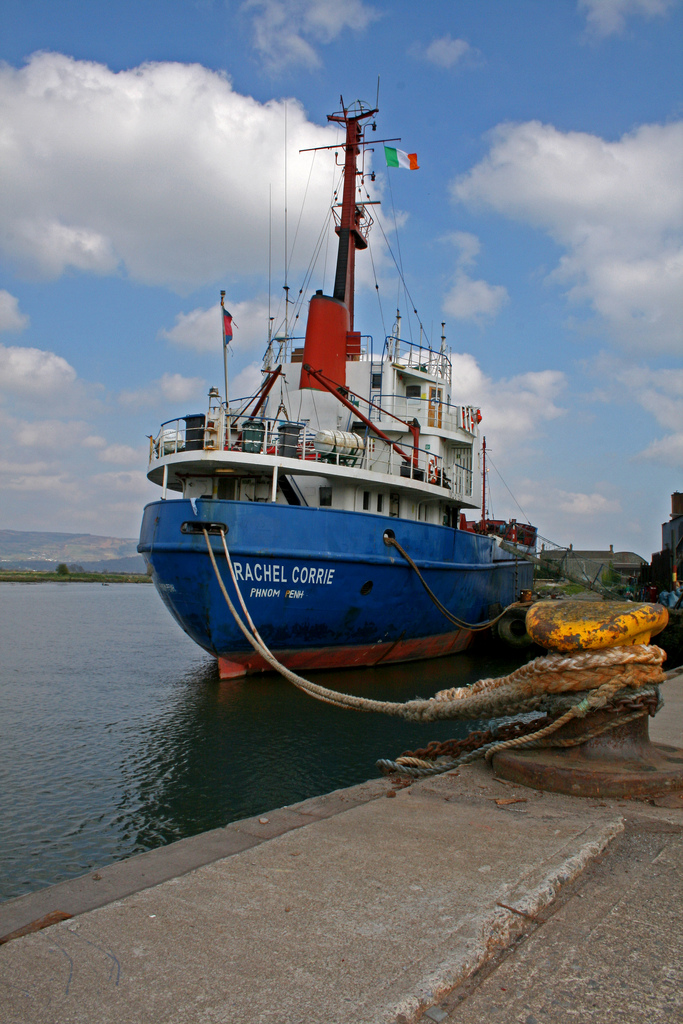Tag: Rachel Corrie
-
Activists disrupt Caterpillar shareholder meeting
Kristin Szremski | The Electronic Intifada 11 June 2010 While pro-Palestinian activists and supporters of Israel lined opposite sides of South LaSalle Street outside the Northern Trust Building in Chicago on 9 June, James Owens, the outgoing CEO and Chairman of Caterpillar Inc., told a room full of shareholders the company was not responsible for…
-
IPSC: MV Rachel Corrie continues en route to Gaza as all-party Dail motion calls for its safe passage
Ireland Palestine Solidarity Campaign Two Irish deported, three remain in detention, including one wounded FOR IMMEDIATE RELEASE (1st June 2010, 3pm) Yesterday’s Israeli attack on the Gaza Freedom Flotilla in which up to 19 human rights activists were murdered in international waters has not deterred the Irish cargo ship the MV Rachel Corrie which is…
-
FGM: Israel’s Intimidation Tactics Won’t Stop Us, First Ship Sets Sail for Gaza!
Free Gaza Movement FOR IMMEDIATE RELEASE May 14, 2010 At 22:45 local time tonight, the MV Rachel Corrie, a 1200-ton cargo ship, part of the eight-vessel Freedom Flotilla, set sail from Ireland on its way to the Mediterranean Sea. There, ships from Turkey and Greece will join her, then sail to Gaza. This past week…

